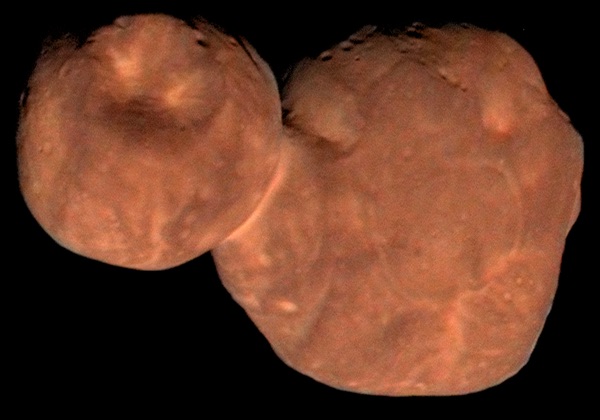What’s in a name?by Andrew Rader
|
| As humans expand into the solar system and beyond, the naming of astronomical features will gain new significance. Earth may be able to arbitrate for a time, but explorers of the future will doubtless forge a new destiny. |
Names carry emotional significance, distilling our aspirations into a single word. But throughout history, geographic names have frequently conveyed ownership. Some explorer “discovers” a land, plants their sovereign’s standard, and declares it part of the realm—never mind that there are already people living there. Cook traveled to the opposite side of the world and saw “Queensland” and “New South Wales.” New World settlers co-opted native lands, erecting the “English” cites of Rochester, Boston, and New York. This has always been the case: with each shift in territory, new arrivals have stamped their personal brand onto the landscape. Plovdiv, the second-largest city in Bulgaria and one of the oldest in the world, has been known by at least fourteen names as waves of Thracians, Greeks, Slavs, Bulgars, Ottomans, and others have trampled through.
But who gets naming rights in space, a frontier shared by everyone?
The names of the six planets nearest the Sun come from Roman gods, appropriated from Greek versions. Seen in ancient times as travelers through the sky, they were assumed to be divine wanderers (“planasthai” in Greek). Each planet-god had its own personality: Mars, the god of war was blood red; Mercury, the messenger god, darted in and out of view around sunrise and sunset. Uranus and Neptune were discovered much later with the aid of telescopes, and for 70 years the former was named “George”—after the king—by the British astronomer William Herschel. A German astronomer eventually convinced the scientific community to adopt the less Anglo-centric name it currently bears.
Today, there are more than a billion identified astronomical objects ranging from asteroids a couple meters wide to supermassive black holes billions of times the mass of the Sun. According to a UN treaty, no one can claim ownership of celestial bodies (despite numerous attempts over the years, including an audacious 1936 claim to all of space beyond Earth by a man named A. Dean Lindsay—he’d earlier tried to claim the Atlantic and Pacific Oceans.) But even unclaimed objects need names. Officially, names for newly discovered objects must be approved by the International Astronomical Union (IAU), and there are established conventions for planets, stars, comets, and other objects of interest. Unofficially, you can call them whatever you like.
For minor bodies like asteroids, the discoverer generally has naming rights, but you still have to follow certain rules: a single word is preferred, less than sixteen characters, and you aren’t supposed to name them after pets (though one in 1985 was named after a cat.) Like the names of the planets, many asteroid names draw from mythology (Eros, Achilles, Odysseus), others are honorary (Annefrank, Misterrogers, Tomhanks), and some are downright whimsical (Wikipedia, Beatles, James Bond.) Geographic features—like mountains and craters—on planets and moons are generally named for a smattering of famous scientists and writers, but there are exceptions. Mountains on Saturn’s moon Titan are named for mountains in J.R.R. Tolkien’s Middle Earth (Erebor, Misty, Moria, Doom.) Features on Uranus’ moons Miranda, Titania, and Oberon are fittingly named after other Shakespearean characters (Macbeth, Hamlet, Prospero.)
As humans expand into the solar system and beyond, the naming of astronomical features will gain new significance. Earth may be able to arbitrate for a time, but explorers of the future will doubtless forge a new destiny, disregarding the antiquated decisions of their ancestral home. As space settlers become more distant and more self-sufficient, they’ll choose to stamp their mark onto their worlds, renaming features in their own image. As has always been the case throughout history, new landscapes will someday no longer reflect the aspirations chosen by the mother civilization, but rather, those of pioneers sent to discover what lies beyond previously known limits of experience.
Note: we are temporarily moderating all comments submitted to deal with a surge in spam.
